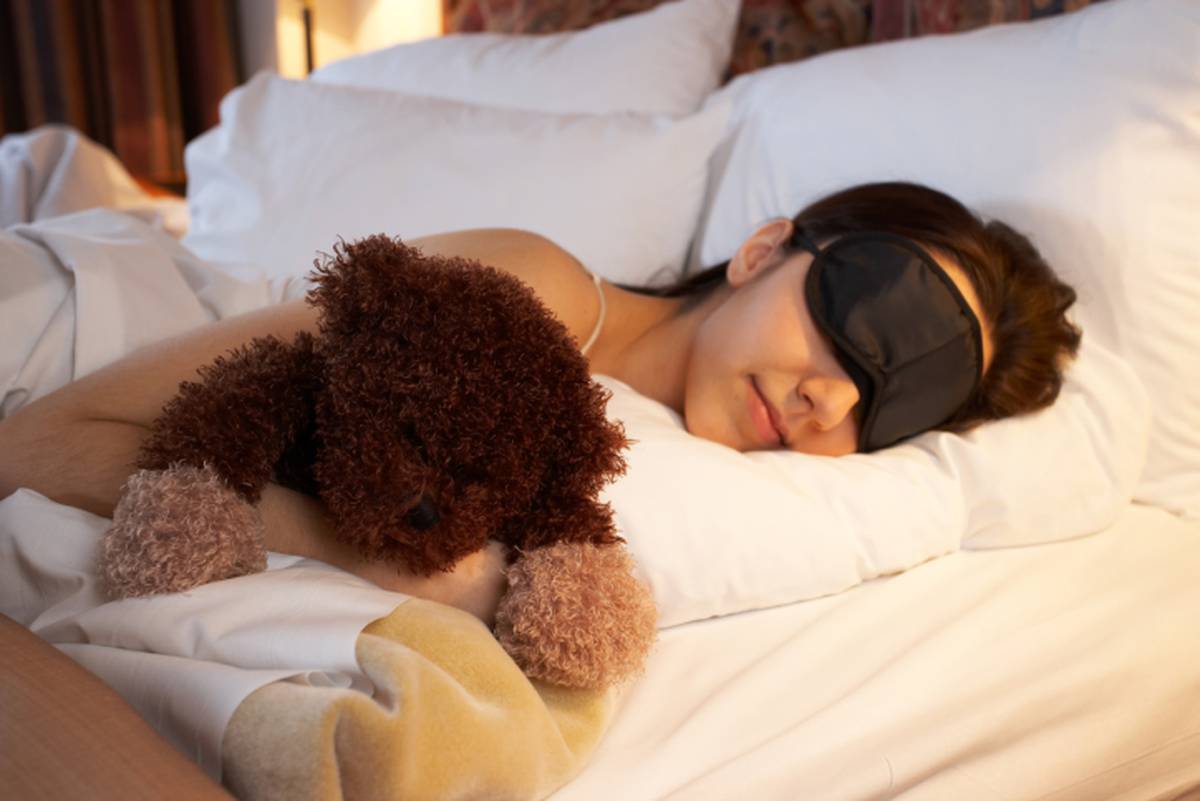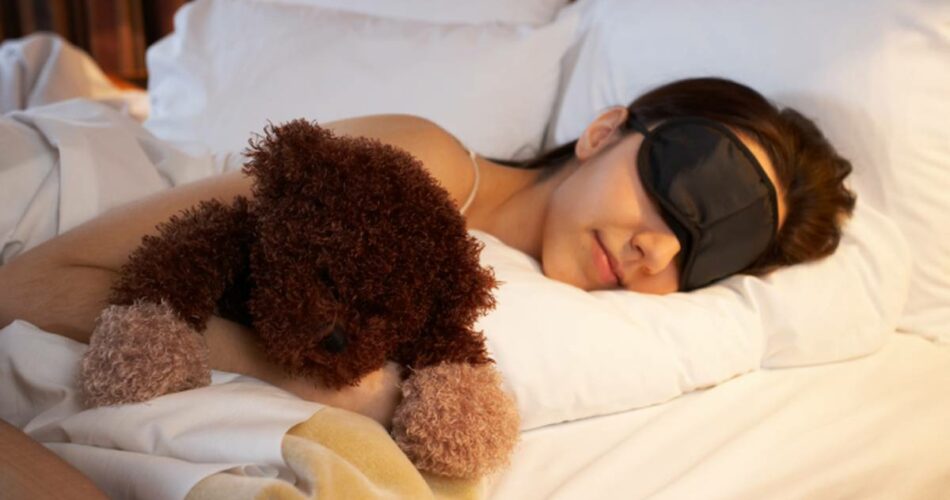Sleep experts recommend that we get 7-9 hours of sleep a night, though the amount of sleep required for rejuvenation and productivity differs between individuals. So if you have a tough time falling asleep, staying asleep or feeling rested in the morning, then you may need to improve the quality of your sleep.
Certain habits help us toss and turn less, and science has studied the little things we can do to improve the quality of our sleep. Here are eight scientifically proven ways to sleep better.
Avoid indulging your sweet tooth right before bed…
Diet affects our sleep, and if you’ve ever noticed that you have bad or anxious dreams after having some late-night sugar, it’s because your brain uses food as fuel when you’re asleep. The kind of foods you feed will affect the energy (i.e. the dreams) that it produces.
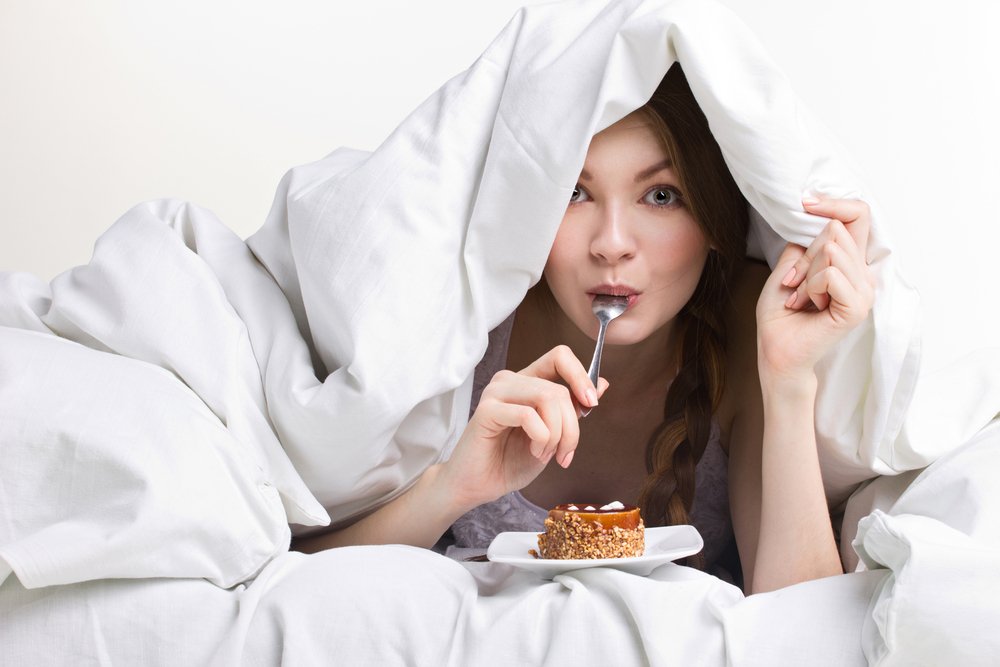
…but don’t go to bed hungry
On the other hand, going to bed hungry can not only lead to feeling ravenous or exhausted the following day, but it can also impact on well you sleep that night.
This is because when your body becomes hungry, it goes into preservation mode, which also puts it under stress—it’s wondering where the next meal will come from and how long it will be until you feed it. That’s some pretty heavy stuff for your brain and body to be grappling with while you’re trying to sleep.

Close the blinds and curtains
Finally, sleeping in the dark promotes better quality sleep. When we sleep in a room where lighting is still on—or even where there’s a bright alarm clock or TV screen—we get preoccupied with the light. If you live in a city, your sleep may be particularly disturbed because of ambient light and perpetual brightness, so invest in some curtains or a suitable blind.
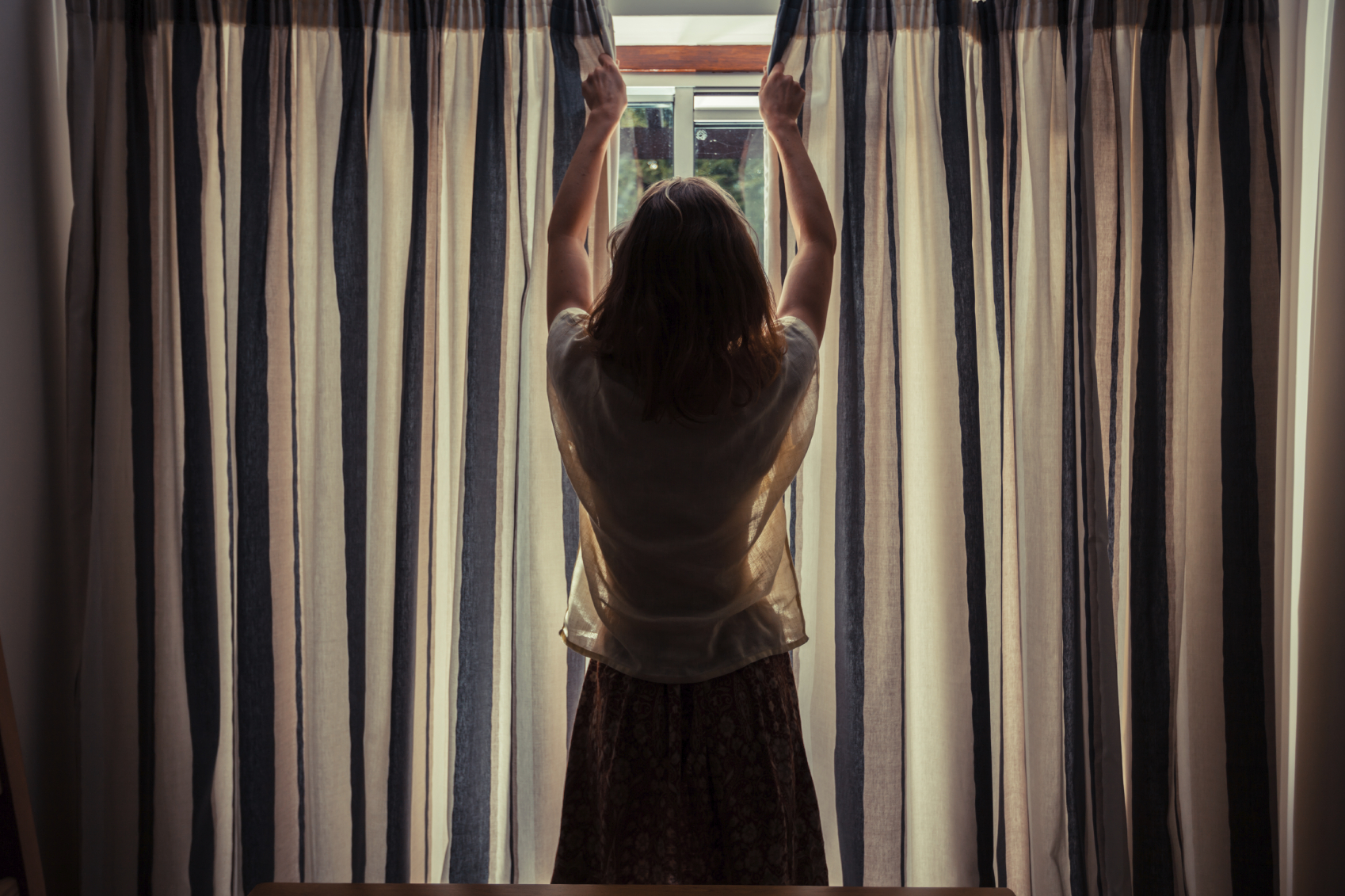
Open the window if it’s cool outside!
Science shows that ways to sleep better in more relaxed rooms. You’re not alone if you love to pull the covers tightly over you and burrow inside—in fact, having to do so to protect ourselves from the cold helps us sleep more soundly. Try opening your window just slightly on a fantastic night. Meanwhile, during the summertime, turn your AC up just a notch or two.
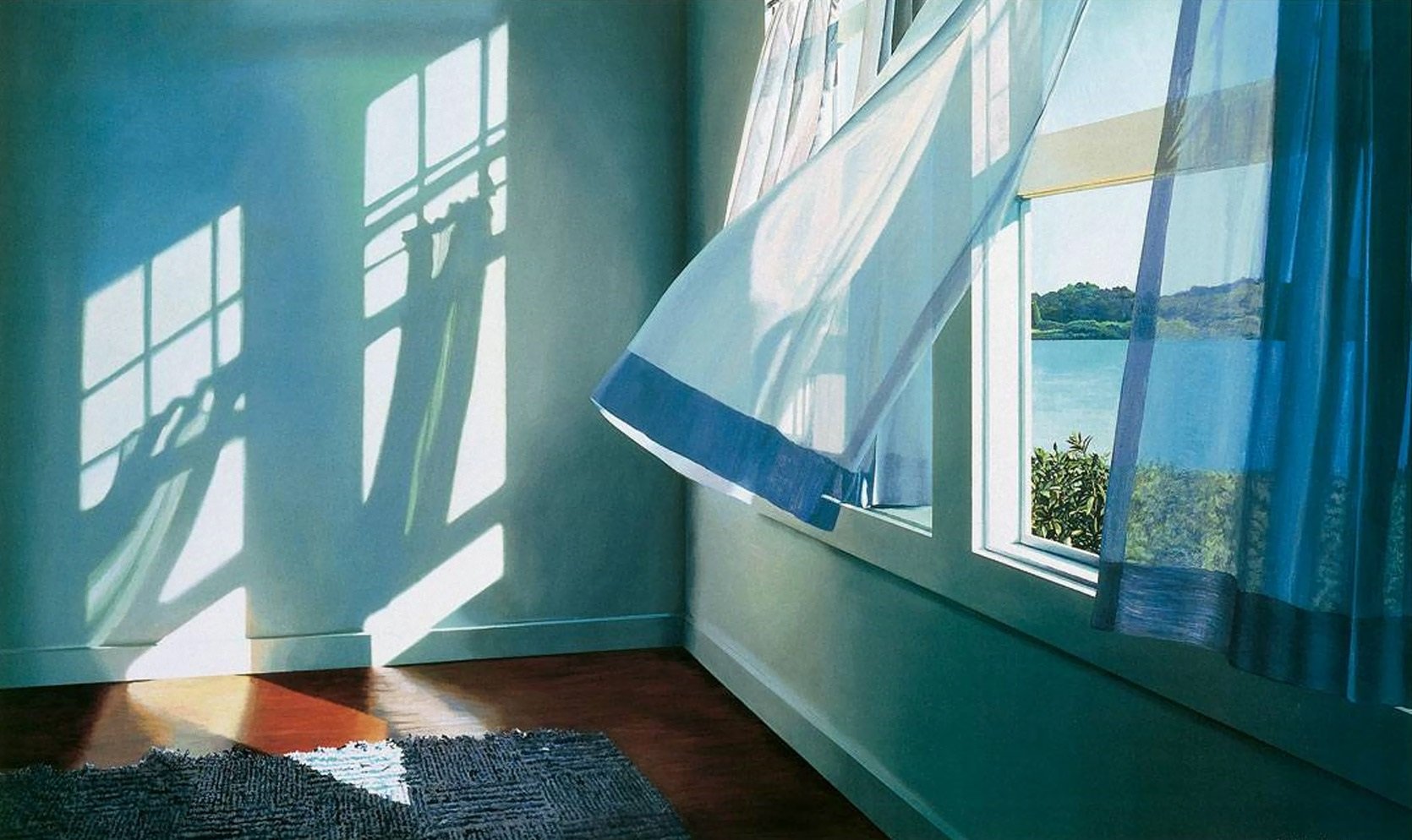
Turn off your electronics
Lazing in bed with your laptop open, your TV on, or your social media feed on your phone is a recipe for insufficient sleep. Your brain needs time to unwind just as much as you do, and overloading it with technology just before bed keeps you wired and distracted.

White noise
It’s often found that people sleep better in places that are not entirely silent. Our brains like a bit of soft background noise, so try using a quiet fan or even asleep sound system that plays nature noises—keep it at a reasonably low volume!
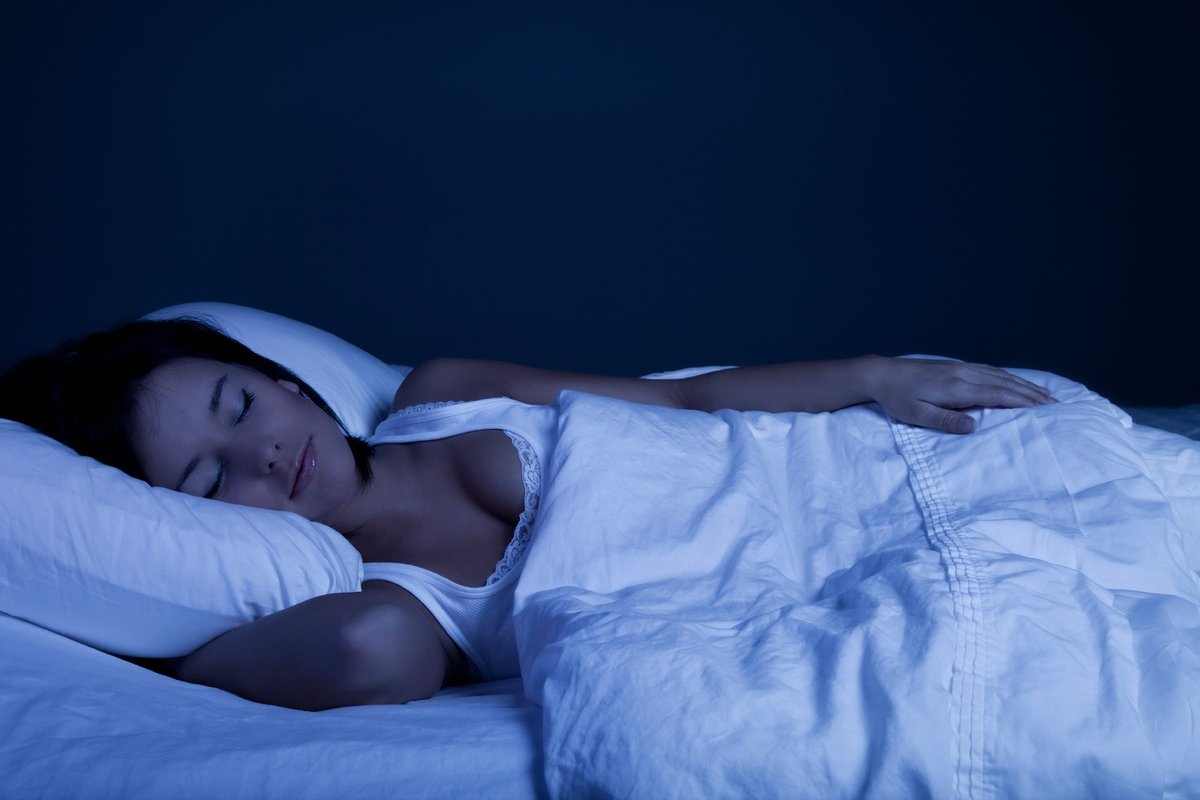
Have a night-time ritual
Just as our morning rituals help us start the day successfully, an evening ritual before bed signals to your body and mind that it’s time to slow down and prepare for rest. If you’re someone who has a difficult time “switching off”, an evening routine may also redirect your energy toward slowing down.
